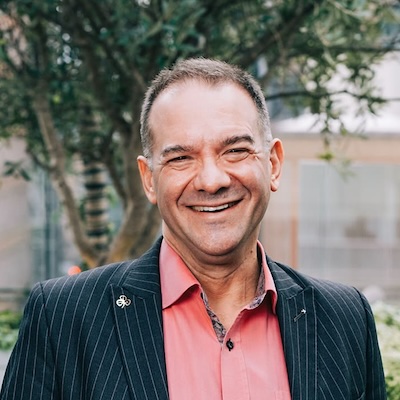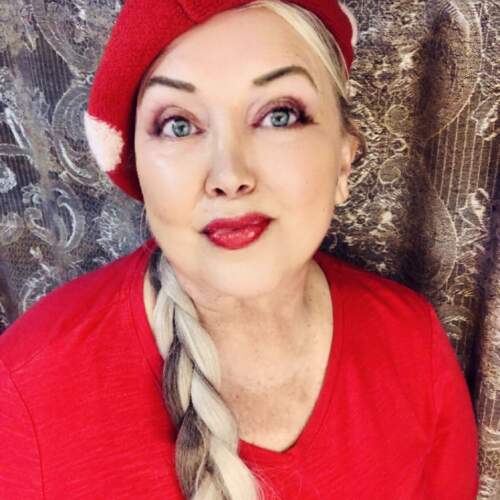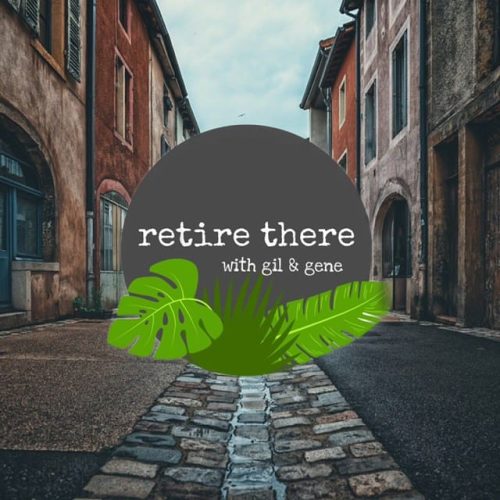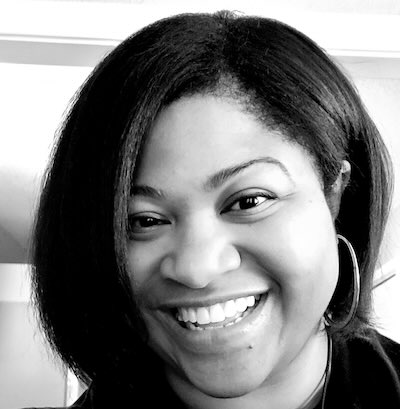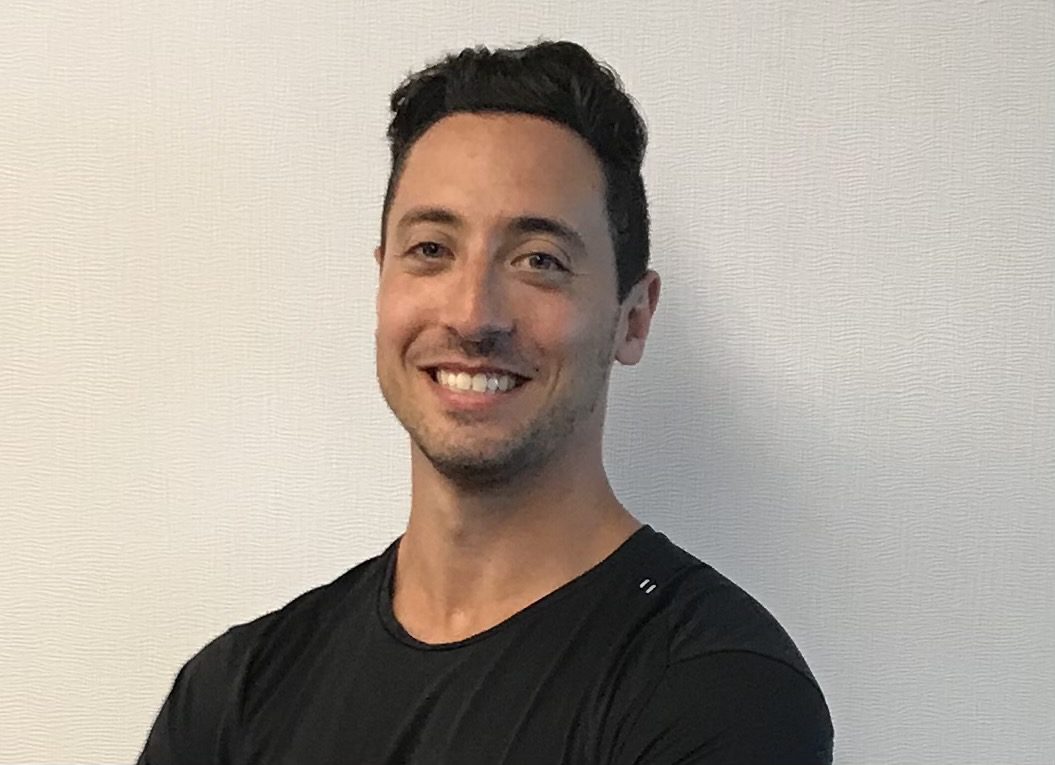Care Partners – we need YOU!
Care partners play a vital role in the lives of their loved ones with PD. At the same time, there’s all too often a gap between them. Whether it’s communication, understanding experience or perspective-based, these disconnects can lead to significant problems. This is part of the reason I earned my PhD and developed the clinically-tested improvisation and storytelling programs in Yes, And…Exercise!
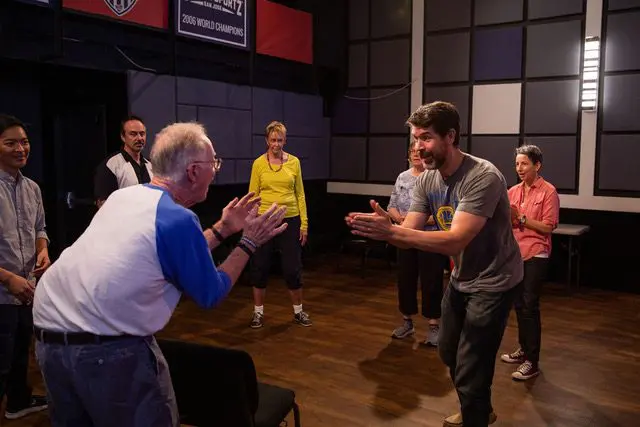
I’m a care partner for my dad, who was diagnosed with Parkinson’s disease (PD) in 2001. He was 57. His idealized golden years were filled with golf, Travel, grandchildren and similar good health to what he’d seen his father enjoy – living with great independence and freedom through 94 of his 96 years. I was 31 when dad was diagnosed and in the process of directing and producing a feature film for the first time. I had two of my scripts produced and directed by others, one of which got a nice release and made a little noise (,The Playaz Court).
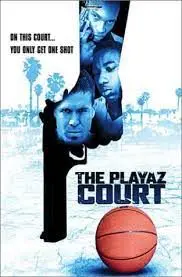
No one in our family knew what PD was and because my mom was diagnosed with stage four breast Cancer two weeks before my dad’s diagnosis, our attention was focused on her. In 2004, mom was in remission. Dad noticed a few symptoms related to PD, but for the most part, he was handling the diagnosis without much change. That isn’t to say we doubted he had it or were hiding from it. In fact, to take it head on, we took off on a two month, 20,000 mile road trip to see a game at each of the 30 MLB stadiums. This was on our Bucket List – meeting people with, affected by and serving the PD community wasn’t…but it was both necessary and incredibly helpful. I leaned into the experience by directing and producing my first documentary, “Boys of Summer” from this road trip.

The prevailing attitude in the PD community at the time was “A cure within 10 years!” When that didn’t happen, there was pain, anger, frustration and some much more developed symptoms we needed to get real about. Dad was beginning to isolate, saying “no” to things. I immediately recognized the opportunity that improvisation offered – teaching the foundational approach of “yes, and” – acceptance and then action. It started with me, by saying yes to becoming a care partner and then learning what that meant.
It took listening to dad and asking questions. PD is often considered a motor disease, which is only part of the picture. The emotional state, level of social engagement and overall quality of life are generally not well-addressed because these issues manifest individually. How do we measure and address those properly? Skill #1: active listening – and not always taking what is said at face value. Follow-up questions are crucial. Be humble in this approach. Openly and humbly seeking the person with PD’s truth, not validation of your own suspicions or what you may have read, is critical. Remember, if you’ve met one person with PD, you’ve met one person with PD.
My dad never wants to be seen as a complainer. He wants to be helping others. He wants to be vital. It took a ton of work at each step to get my dad to accept using a cane, then an assisted mobility device, then a wheelchair. None of this was a single conversation. It was scores of conversations, questions, propositions, attempts and failures, and more attempts. This is the process.
All of this to say being a successful care partner takes an improvisational mind and skillset. When I saw my dad saying “yes, but” or flat out “no” to opportunities, the red flag went up. “Yes, And” is the foundation of improvisation. It must be exercised, failed and repeated to become a skill. Once you have it, the applications are infinite and powerful. I invite you to come play with us (at no charge) at the Jam for Joy: https://www.yesandexercise.org/book-online.



